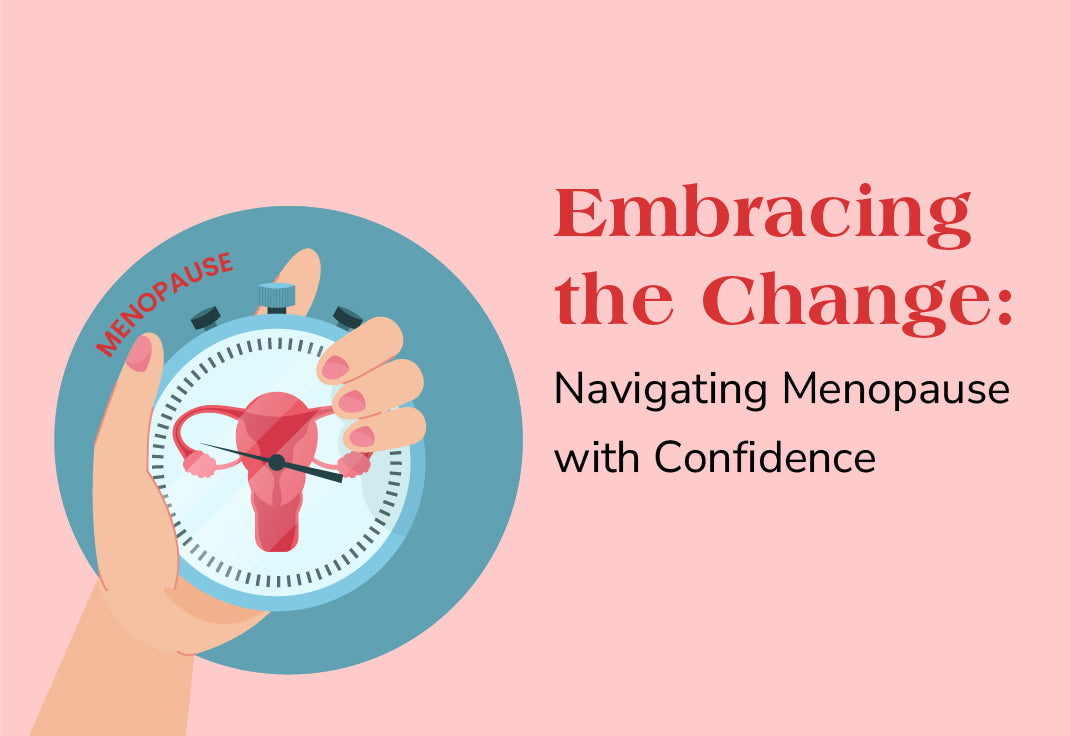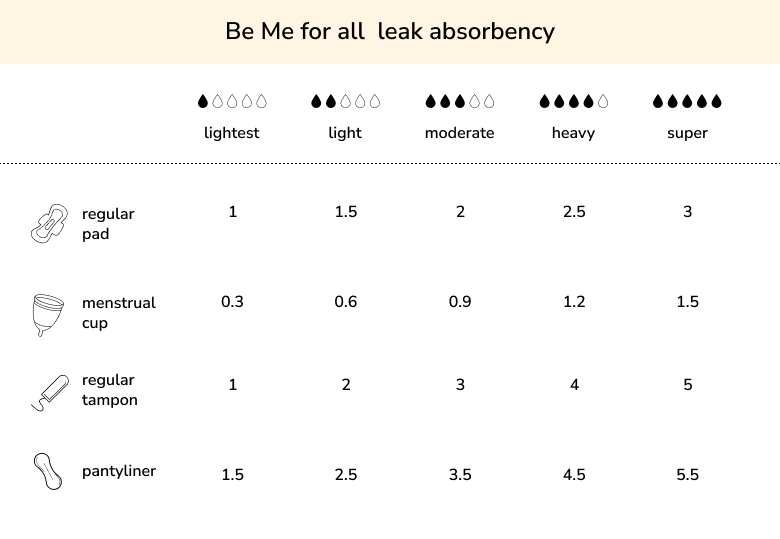
Embracing the Change: Navigating Menopause with Confidence
Published At
The cessation of the menstrual cycle for at least 12 weeks is known as menopause. This happens commonly between the ages of 45 and 55, but the menopause age can vary from woman to woman. Your body tends to produce fewer hormones, especially estrogen and progesterone which regulate the fertility and menstrual cycle for any woman. By understanding menopause symptoms and how to manage them you can navigate your menstrual cycle easily.
The perimenopausal phase
You will experience perimenopause before menopause. During the phase of perimenopause, hormonal fluctuations can lead to irregular periods or mood swings. Other symptoms that you might notice in perimenopause are hot flashes, night sweats, and disrupted sleep patterns, While such shifts can be unsettling, they are part of the journey.
Menopause phase:

This is the phase when it's been a year since you had your period. Your body has stopped making most of the estrogen and the ovaries will not release eggs anymore.
Postmenopause phase:
This phase is after the years of menopause. Menopausal Vasomotor symptoms like night sweats and hot flashes usually ease but the health risk issues related to the loss of estrogen increase as you get older.
Common symptoms of menopause
- Mood swings such as low mood or irritation
- Anxiety
- Changes in skin like dryness increase in oiliness or adult acne.
- Disturbed sleep schedule
- Discomfort during sex
- Hair thinning
- Constant headaches
- Sudden hot flashes usually on the neck, chest, and face, and a feeling of palpitations.
- Joint pain and stiffness
- Brain fog and loss of concentration
- UTI's
- Vaginal pain and dryness
How to manage the common symptoms of menopause.

Staying Active: This works like anything. Regular exercise can help you to neutralize your mood, reduce hot or cold flashes, and let you have a better sleep.
Eat Clean and Balanced: Include nutrient-rich foods, specifically the ones that are rich in Vitamin D and calcium. Such food items will support bone health. It is best to avoid spicy and caffeinated food items because they worsen hot flashes
Drink a lot of Water: Drinking plenty of water can help calm some symptoms, like dryness and bloating.
Practicing Yoga: Meditation, deep breathing, or yoga can help you manage your mental stability and sleep disturbances that come with menopause.
Mental Health and Menopause
When menopause hits many women experience symptoms like loss of confidence, anxiety, brain fog, and other symptoms related to mental health during menopause. These psychological symptoms happen because of the changes happening in your body. At times we are not able to recognize them as menopause symptoms, but they are, and understanding them can help you manage them effiectively.
Embrace the change
Menopause is an undeniable shift and an opportunity to focus on your overall well-being. You will go through a range of emotional and physical changes—those sleepless nights, irregular menstruation, and mood swings—can feel overwhelming but remember your body is doing its best to adjust so embrace the changes. It is a natural transition marking the end of one chapter and the beginning of another. The journey of menopause brings strength, self-awareness, and a deeper connection to yourself.
For much such informative content follow us on our community page.









